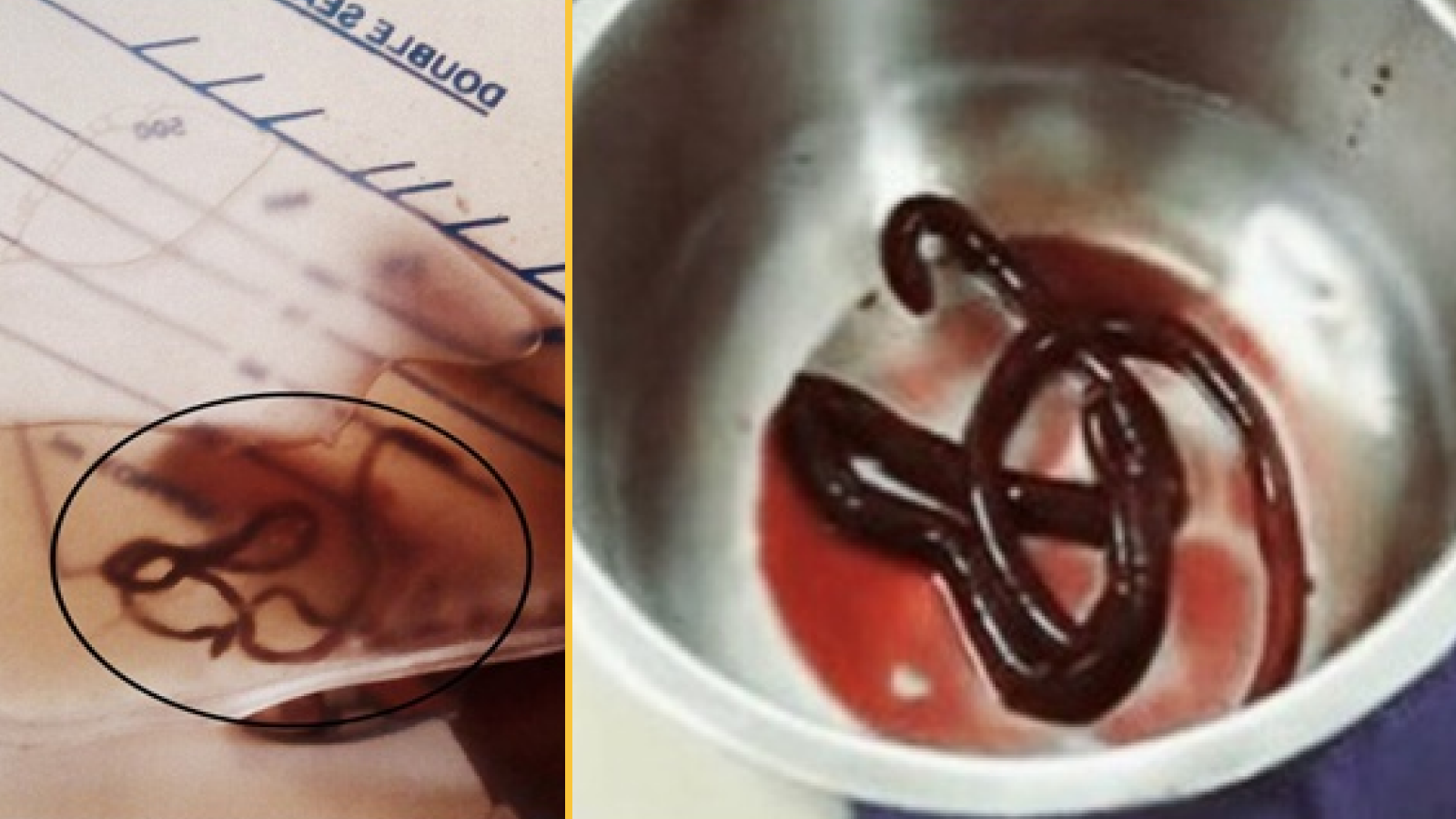Stem Cells Could Help Japan Nuclear Workers, Research Finds
Plant workers in Japan striving to stem the nuclear crisis at the Fukushima Nuclear Power Plant should consider having stem cells taken from their blood so that, should they be exposed to high levels of radiation, they can receive a therapeutic stem cell transplantation using their own cells, researchers say.
In a commentary in the medical journal the Lancet, Japanese experts write: "The danger of a future accidental radiation exposure is not passed, since there has been a series of serious aftershocks even [during] this April."
Generally, rapidly dividing cells such as those that link the gut, as well as blood-forming cells, or haemopoietic stem cells are most vulnerable to radiation.
In previous nuclear disasters and accidents, stem cells from a donor have been used to treat those exposed to high levels of radiation. But this has major limitations finding a donor match can be time- consuming, and recipients can suffer from graft-versus-host disease (GVHD), a complication of stem cell transplantation in which the newly transplanted material attacks the transplant recipient's body, according to the National Institutes of Health. Recipients can also experience profound immune suppression from drugs they are required to take after transplantation .
Instead of this, the Japanese call for collection of the peripheral blood stem cells (PBSC) hematopoietic stem cells obtained from the blood of the workers themselves so that they could have future transplants should the need arise.
This technique has several advantages over transplantation from a donor it does not cause GVHD, and does not require immunosuppressant drugs that make radiation victims even more vulnerable to infection. Further, the technique is safe and the cells are easy to freeze and store. Finally, it could be used to treat future leukemia , a known side effect of radiation exposure.
The researchers also acknowledge transplantation with the patients' own cells is not perfect. It can rescue injury of bone marrow only, and not other tissues, such as those found in the gastrointestinal tract, skin or lungs.
Sign up for the Live Science daily newsletter now
Get the world’s most fascinating discoveries delivered straight to your inbox.
The researchers say 107 transplant teams are standing by in Japan to collect and store haemopoietic stem cells from the workers, and more than 50 hospitals in Europe have agreed to help the workers if required.
But the Nuclear Safety Commission of Japan is resisting the plan, due to the "physical and psychological burden for nuclear workers," and there being "no consensus among international authoritative bodies, and no sufficient agreement among the Japanese public."
The researchers add: "The most important mission is to save the nuclear workers' lives and to protect the local communities. Such an approach would be the industry's best defense: if a fatal accident happened to the nuclear workers, the nuclear power industry of Japan would collapse."
They conclude: "The process to completely shut down the reactors in Fukushima is expected to take years. The risk of accidental radiation exposure will thus accumulate for the nuclear workers and banking of their [own] PBSCs will become increasingly important. A judgment of right or wrong on this scheme must be determined from the standpoint of the nuclear workers and their families, not from a point of view of costbenefit balance in ordinary times."
The Toranomon Hospital in Tokyo is ready to harvest and store the workers' PBSCs upon request, the researchers say.
The commentary was published today (April 15).
Pass it on: Workers at the Japan Fukushima plant may want to store stem cells from their blood in case they are exposed to high levels of radiation and require a stem cell transplant.
- How Does Nuclear Radiation Harm the Body?
- Stem Cells Hold Promise for Patients with Aggressive MS
- Infographic: How Radiation Affects the Human Body
Follow MyHealthNewsDaily on Twitter @MyHealth_MHND.











